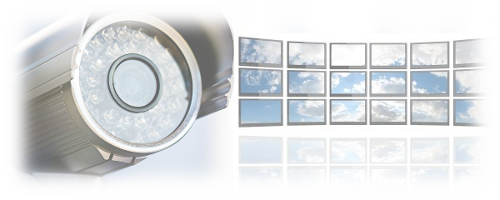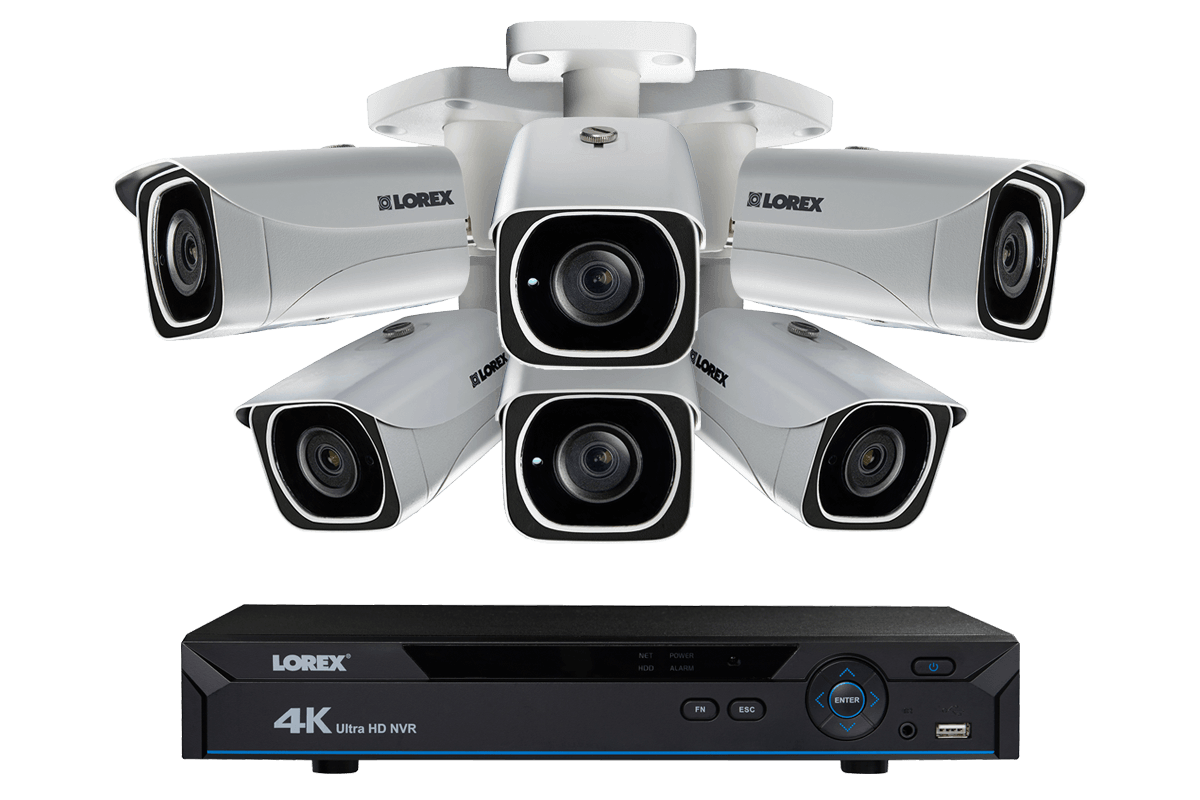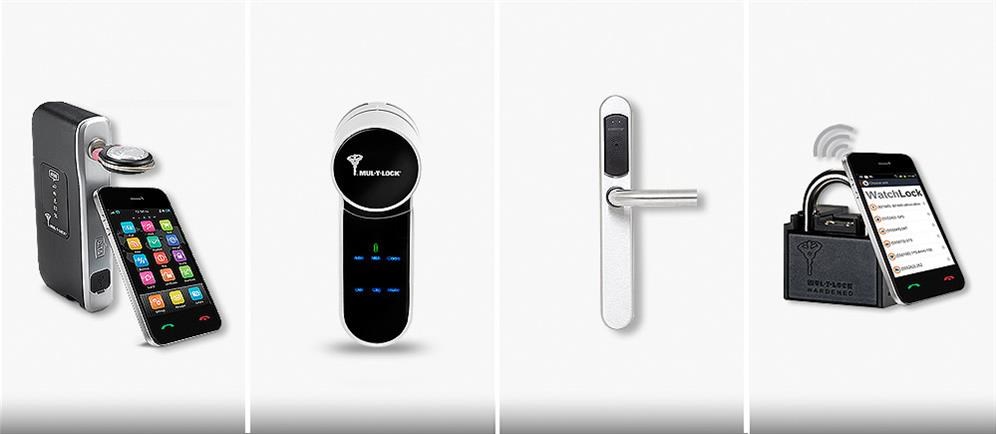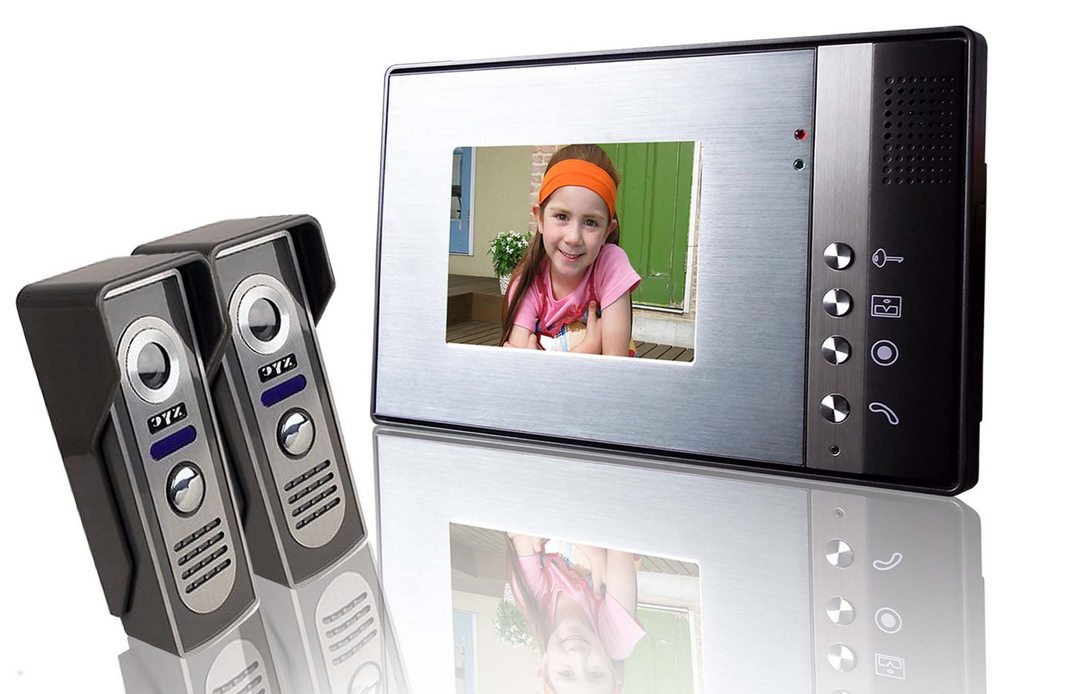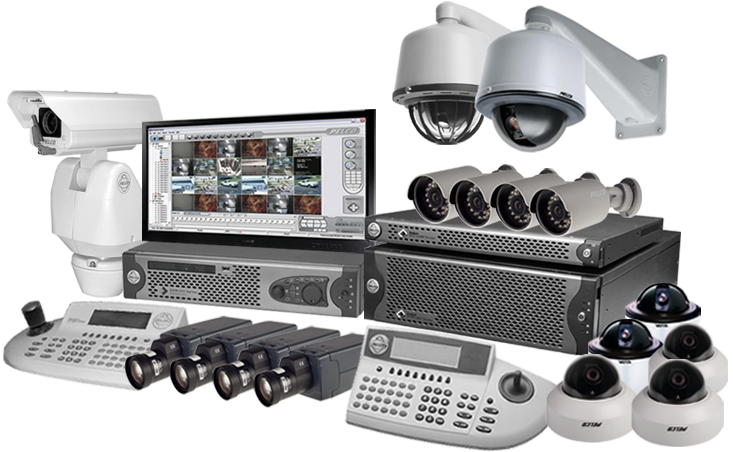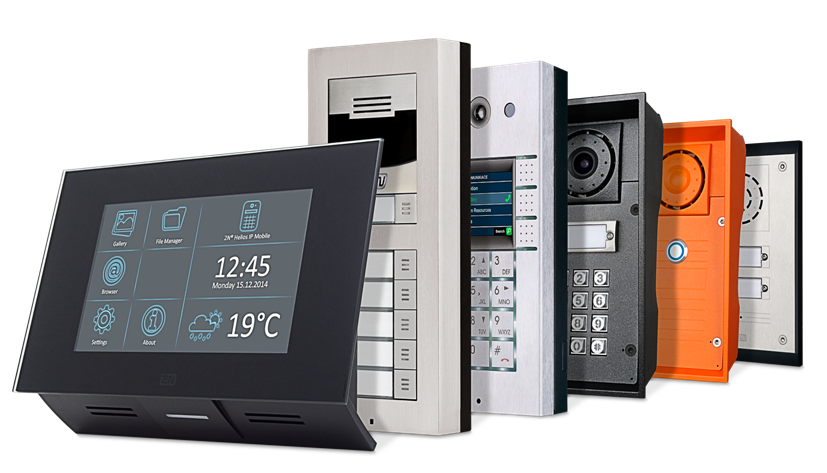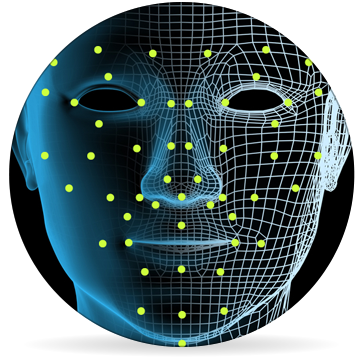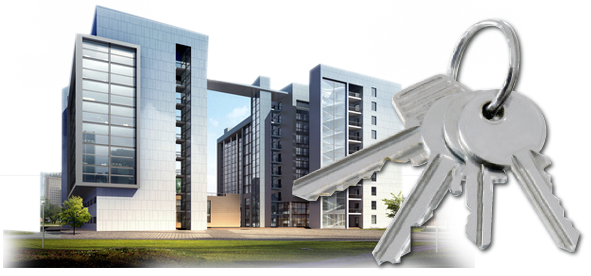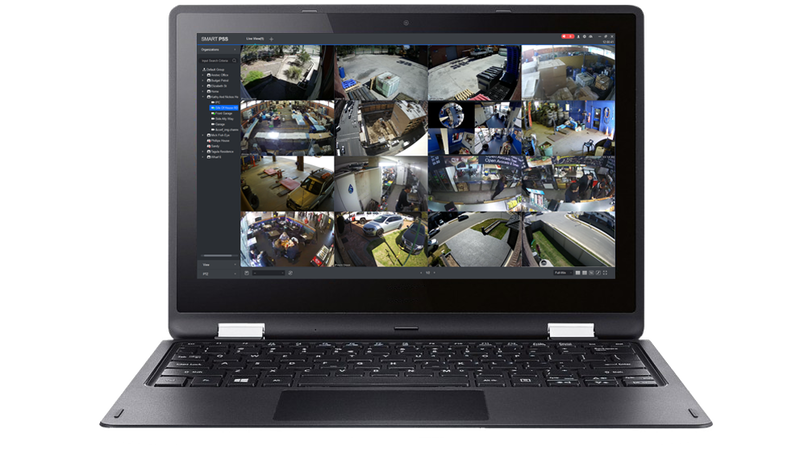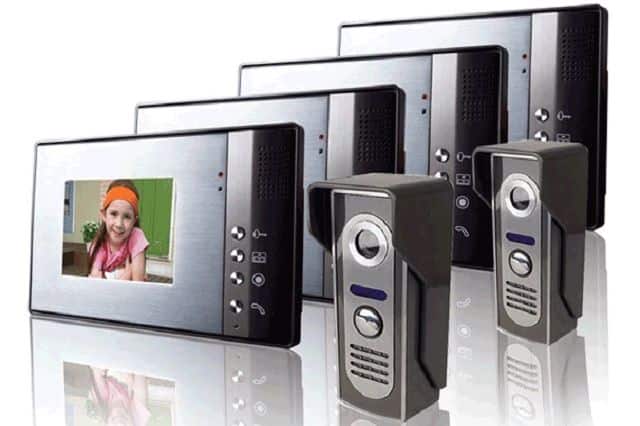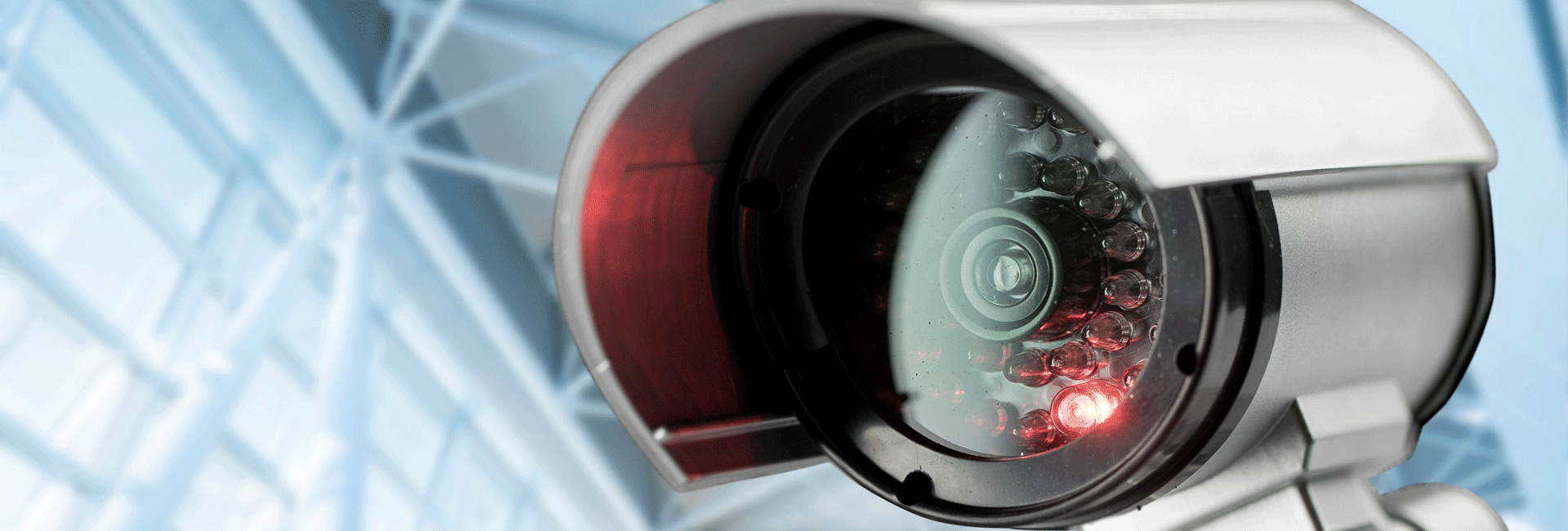The picture is mixed. While proponents of CCTV are inclined to describe opposition to the technology as marginal, the reality is much less conclusive. In one survey commissioned by the UK Home Office a large proportion of respondents expressed concern about several key aspects of visual surveillance.
The extent of concern was highlighted by the outcome that more than fifty per cent of people felt neither government nor private security firms should be allowed to make decisions to allow the installation of CCTV in public places. 72% agreed “these cameras could easily be abused and used by the wrong people”. 39% felt that people who are in control of these systems cold not be “completely trusted to use them only for the public good”. 37% felt that “in the future, cameras will be used by the government to control people”. While this response could be interpreted a number of ways, it goes to the heart of the privacy and civil rights dilemma. More than one respondent in ten believed that CCTV cameras should be banned.
Another interesting conclusion of the Home Office survey was that 36 per cent of respondents did not agree with the proposition “the more of these cameras we have, the better”. Contrast this with the view of Leslie Sharp, chief constable for the Scotland’s Strathclyde Police Department. Referring to his forces mania for CCTV he told ABC news’ 20/20 program: “We will gradually drive the criminal further and further away, and eventually I hope to drive them into the sea”.
The most crucial element of the Home Office survey was the conclusion that the public were less inclined to unconditionally support CCTV once issues were raised and discussed within groups.
